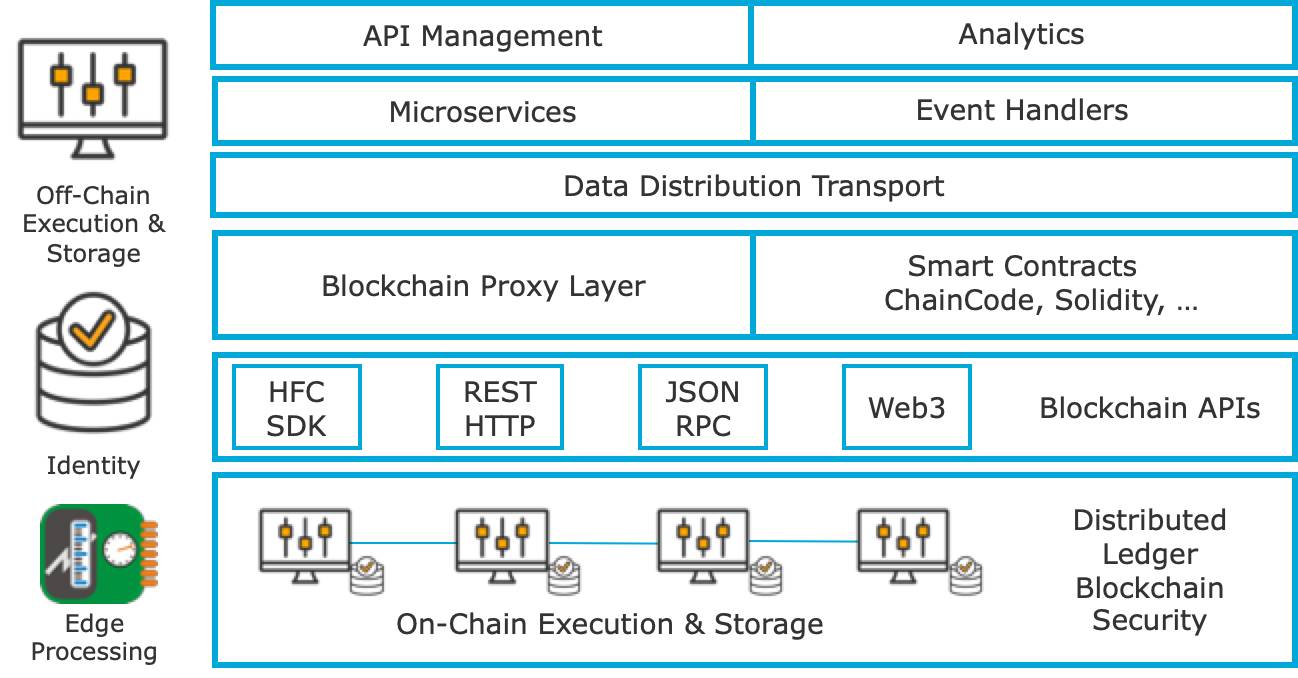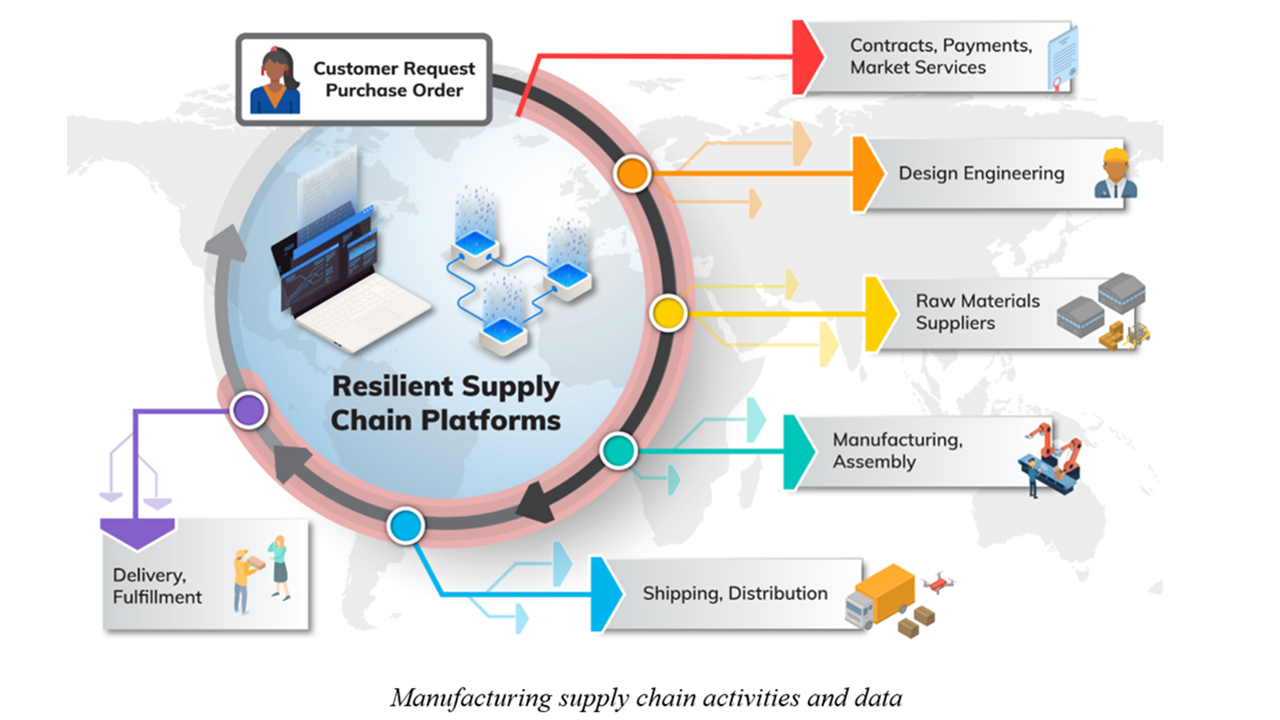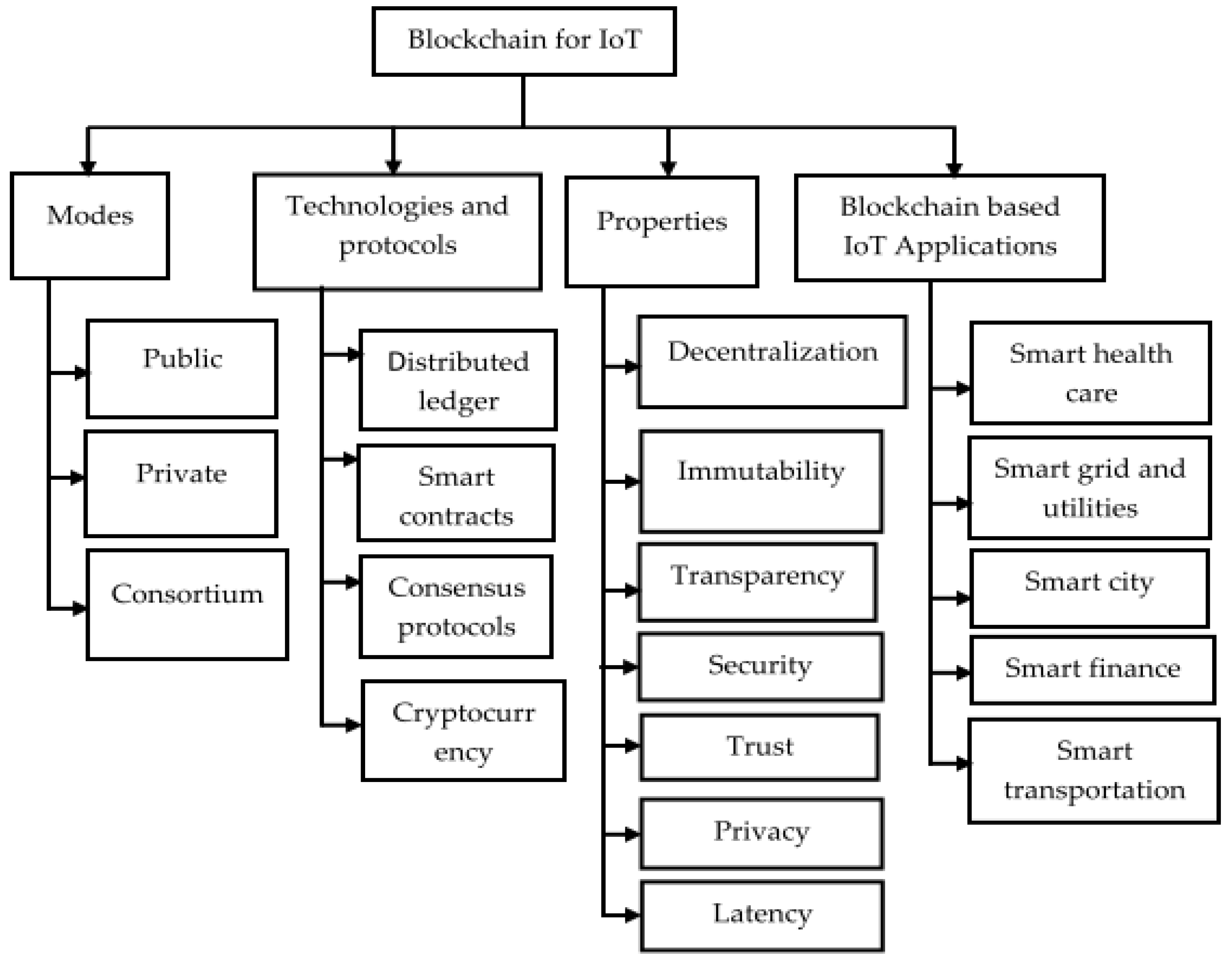SERVICES BY US
Electronics & Blockchain
Blockchain technology can be useful in Electronics:
- Supply Chain Management: Blockchain technology can be used to create a secure, transparent, and efficient supply chain management system for electronic components. The technology can help track the movement of electronic components from the manufacturer to the end-user, ensuring that the products are genuine and not counterfeit. The use of blockchain in supply chain management can provide benefits such as:
Transparency: Blockchain technology can provide a transparent view of the entire supply chain, enabling all parties to track the movement of electronic components and identify any issues in real-time.
Security: Blockchain technology can create a secure and tamper-proof system that can prevent counterfeiting and ensure that all electronic components are genuine.
Efficiency: Blockchain technology can streamline the supply chain management process by reducing paperwork and automating various tasks, such as order tracking and inventory management.

- Asset Tracking: Blockchain technology can be used to create a secure and transparent asset tracking system for electronic devices. This system can help track the location and ownership of electronic devices, which can be useful in case of theft or loss. The use of blockchain in asset tracking can provide benefits such as:
Security: Blockchain technology can create a tamper-proof system that can prevent theft and ensure that all electronic devices are genuine.
Transparency: Blockchain technology can provide a transparent view of the ownership and location of electronic devices, enabling all parties to track the movement of devices in real-time.
Efficiency: Blockchain technology can automate the asset tracking process, reducing the need for manual record-keeping and paperwork.
- Quality Control: Blockchain technology can be used to create a decentralized quality control system for electronic components. This system can help ensure that all electronic components meet the required quality standards before they are used in electronic devices. The use of blockchain in quality control can provide benefits such as:
Transparency: Blockchain technology can provide a transparent view of the quality control process, enabling all parties to track the quality of electronic components in real-time.
Efficiency: Blockchain technology can automate the quality control process, reducing the need for manual inspections and record-keeping.
Traceability: Blockchain technology can enable traceability of electronic components, enabling manufacturers to identify the source of any quality issues and take corrective action.

- Smart Contracts: Blockchain technology can be used to create smart contracts that can automate various processes in the electronics industry. For example, smart contracts can be used to automate the payment process between the manufacturer and the supplier. The use of blockchain in smart contracts can provide benefits such as:
Efficiency: Blockchain technology can automate various processes, such as payment processing, reducing the need for manual intervention.
Transparency: Blockchain technology can provide a transparent view of the contract terms and payment history, enabling all parties to track the progress of the contract in real-time.
Security: Blockchain technology can create a tamper-proof system that can prevent fraud and ensure that all parties comply with the terms of the contract.
In summary, blockchain technology has the potential to revolutionize the electronics industry by creating more secure, transparent, and efficient systems for supply chain management, asset tracking, quality control, and smart contracts.

Few blockchain case studies for Electronics:
IBM and Samsung’s joint venture in ADEPT (Autonomous Decentralized Peer-to-Peer Telemetry): IBM and Samsung partnered to develop a blockchain-based IoT platform that can automate various processes in the electronics industry. The platform uses smart contracts to automate device registration, firmware updates, and secure device transactions.
Chronicled’s MediLedger project: Chronicled developed a blockchain-based platform called MediLedger that is used in the pharmaceutical industry to track the movement of medicines from the manufacturer to the end-user. The platform uses blockchain technology to create a secure and transparent supply chain management system that can prevent counterfeiting and ensure that all medicines are genuine. The same concept can be applied to the electronics industry to track the movement of electronic components from the manufacturer to the end-user.
XYO Network’s location tracking system: XYO Network developed a blockchain-based location tracking system that can be used to track the location of electronic devices. The system uses a network of IoT devices and smart contracts to automate the asset tracking process and ensure that all devices are secure and genuine.
Alibaba’s blockchain-based food tracking system: Alibaba developed a blockchain-based system that is used to track the movement of food products from the manufacturer to the end-user. The system uses blockchain technology to create a transparent and tamper-proof system that can prevent fraud and ensure that all food products are safe and genuine. This same concept can be applied to the electronics industry to ensure that all electronic components are safe and genuine.
These are just a few examples of how blockchain technology can be used in the electronics industry. As the technology continues to evolve, we can expect to see more innovative use cases that can benefit the industry in various ways.
Services categories
About us

Our goal is to help our clients achieve their online goals by providing them with customized, effective, and results-driven solutions that drive growth, increase visibility, and strengthen their online presence.
Contact info
Address office
USA, INDIA, VIETNAM
Phone